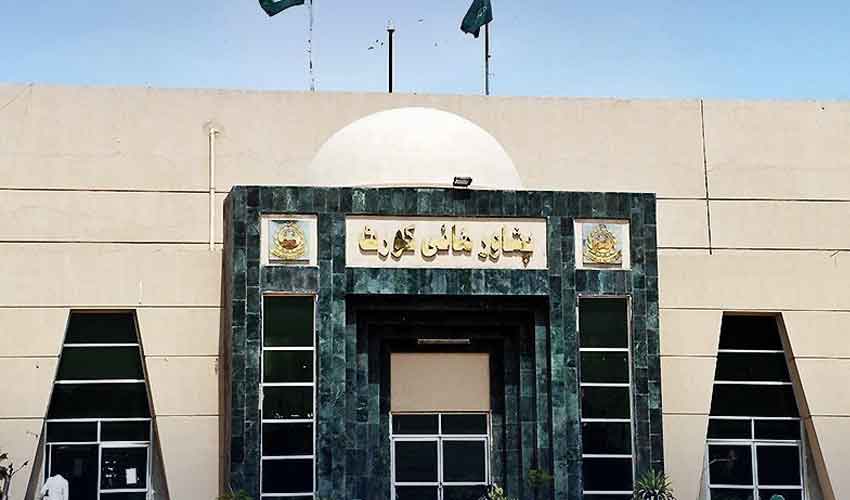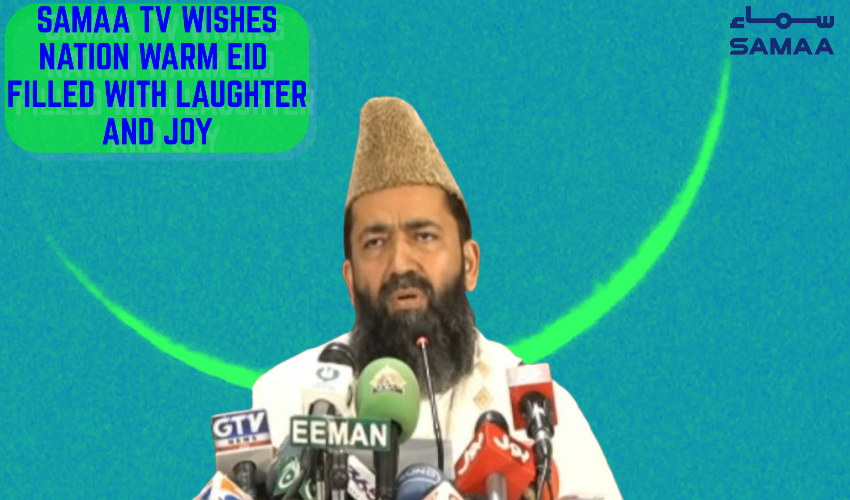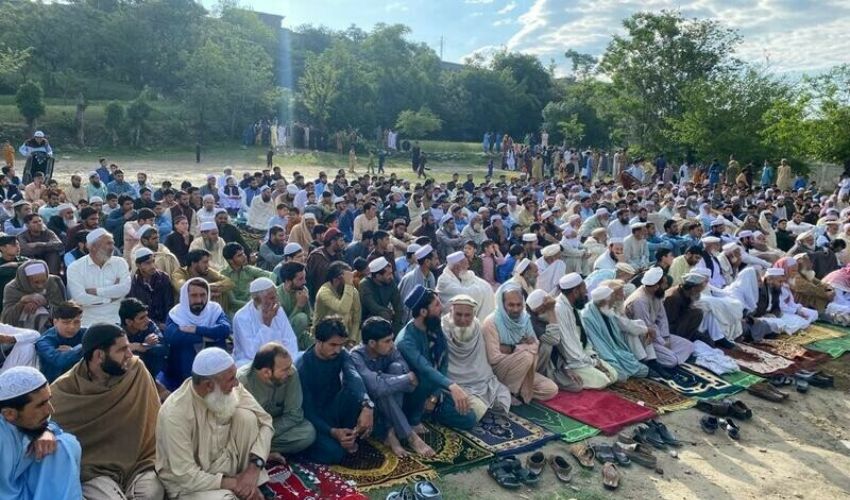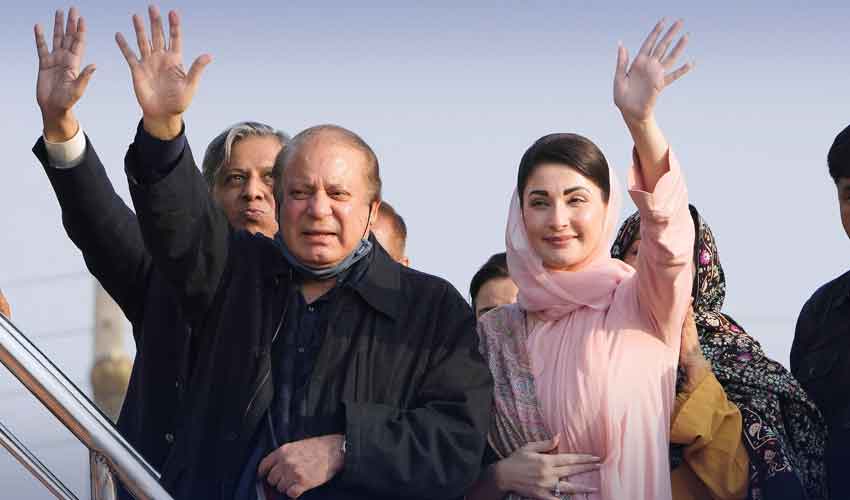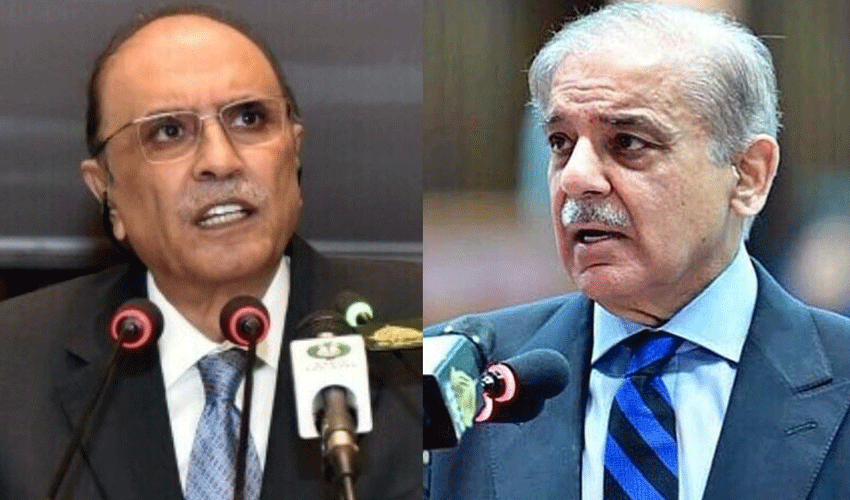The Peshawar High Court has questioned the status of the PTI’s petition for holding the upcoming general elections under the supervision of the judiciary in light of the Supreme Court's order from last week.
The court later reserved its verdict after hearing all the parties.
The apex court had on Friday quashed a Lahore High Court (LHC) verdict on the appointment of ROs and DROs and ordered the election commissioner to announce the election schedule.
A two-member PHC bench headed by Chief Justice Muhammad Ibrahim is hearing the case.
The advocate general, the election commission counsel, the additional attorney general and the petitioner's lawyers were present in the courtroom.
The chief justice remarked that the petitioner had only challenged a declaration of the election commission. “Jab dard mein dil ho to dawa keejay, jab dil hi na ho to kya keejay?” asked the CJ through a poetic verse.
Justice Shakeel Ahmed asked the advocate general what value the PTI petition held in light of the Supreme Court verdict.
The CJ asked the PTI lawyer if they did not want the DROs changed.
Also Read: SC quashes LHC verdict on appointment of ROs, orders ECP to announce election schedule
The court then asked the advocate general whether this petition was admissible or not after the decision of the Supreme Court.
It’s not possible that half of the supervisors are from the judiciary and half from bureaucracy, the court remarked.
It is the election commission’s jurisdiction to decide who will conduct the election, the ECP counsel said.
The PTI lawyer said there were over 700 petitions under Section 3 MPO before the Peshawar High Court, PTI members were being arrested and the election commission's job is to conduct fair and transparent elections.
The lawyer asked if the commission did not trust the judiciary after conducting elections in the past.
Also Read: ECP chief vows to provide level playing field for PTI, other political parties
Justice Ahmed asked in what situations the chief justice has suggested consultation for the appointment of ROs and DROs.
The court remarked that since the formation of the National Judicial Policy Committee, this authority has rested with them.
The judiciary is an independent institution that is not subordinate to anyone, Justice Ahmed remarked.
The CJ told the election commission’s lawyer that the ECP wrote to the chief justices of all high courts in July. In reply, the Peshawar High Court asked the ECP to contact the National Judicial Policy Committee.
“Did the election commission not go to the National Judicial Policy Committee after the Peshawar High Court’s letter?”
The Balochistan High Court had expressed its willingness to provide judges from the judiciary for the elections, the CJ told the lawyer.
Also Read: ECP finally announces elections schedule after SC quashes LHC verdict
When the commission asked the high court for a list, they excused themselves, the lawyer responded, adding the Lahore and Sindh high courts had already refused.
The CJ asked if no one could ask the commission except the court. He further remarked that it was the duty of the court to see whether elections were fair and transparent or not.
“We have confidence in the election commission,” the CJ said, adding that the court will have to ensure that the elections are transparent.
The ECP lawyer said the provincial election commissioner was ready to submit an affidavit on transparent elections.
The elections will be held God willing, and this has been said by the Supreme Court also, the court stated.
The court asked if, after the decision of the Supreme Court, this application was admissible.
The advocate general replied that the Supreme Court has said that high courts are refusing to provide officers.
The holding of general elections is a national issue, the Peshawar High Court maintained.
The CJ asked if the court can change ROs and DROs after the issuance of the election schedule. The lawyer said that after the schedule is issued, even the election commission cannot make any changes.
The lawyer also said that if there is a problem with any RO or DRO, the election commission could be approached.
The court remarked that all ROs and DROs will be under the control of the ECP.





